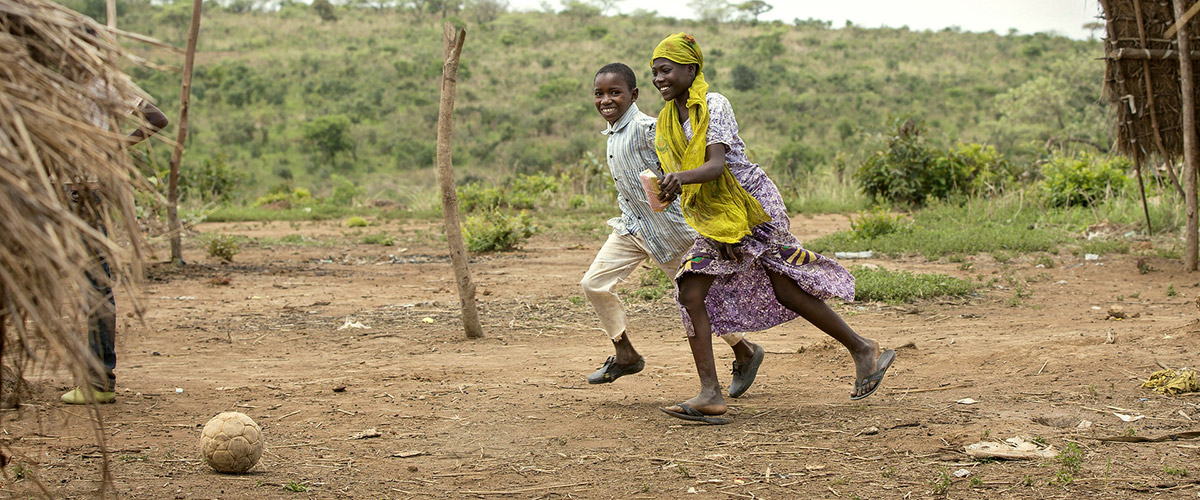Tackling violence in sport

Sport can be a very powerful tool in preventing violence against women and girls and promoting gender equality. Through its wide reach, influence, and ability to challenge how people think about gender equality, sport can play a vital role in changing attitudes, behaviors, and power dynamics that fuel violence. But sports can also be an environment for some of the most egregious cases of sexism and gender-based violence.
How to combat gender-based violence in sport settings
To tackle rampant sexism and gender-based violence in the world of sport, it is essential to have robust laws and policies in place that address violence against women in sport. Governments can, and should, draw from existing international standards to develop their own national legislation and policies. Another successful tactic is to modify existing laws on gender-based violence to address explicitly the sports context, which sometimes exists as a legal loophole.
The role of sports bodies is key in implementing laws that address violence as well as safeguarding policies and practices within sport settings. In addition to having clear rules in place that protect women and girls from violence, those working in sports settings, including coaches and other staff, must get regular mandatory training and continuing education opportunities must be provided for.





